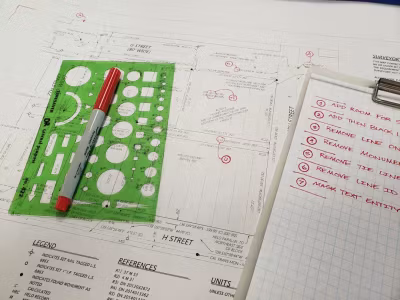As a homeowner embarking on a construction project, whether it's a new build, renovation, or addition, navigating the complexities of construction contracts is essential. These legally binding agreements dictate the terms of the project, outlining the responsibilities of both parties involved – you, the homeowner, and the contractor. Understanding the basics of construction contracts is crucial to protecting your interests and ensuring a successful outcome. In this article, a Colorado contract attorney will explore the key elements every homeowner should know when entering into a construction contract in Colorado.
The Importance of a Written Contract
A verbal agreement may seem sufficient, but it leaves both parties vulnerable to misunderstandings and disputes down the line. A written contract provides clarity and serves as a reference point throughout the project. It outlines project details such as scope of work, timeline, materials, costs, payment schedule, and warranties. Following are a few essential terms that should be included in every construction contract:
Detailed Scope of Work: The scope of work defines the project's objectives and the specific tasks the contractor will perform. It should be comprehensive and leave no room for ambiguity. Include details such as the type of materials to be used, specific design elements, and any relevant permits or inspections required by local authorities.
Clear Payment Terms: Establishing clear payment terms is crucial for both parties. This includes the total project cost, payment schedule (e.g., deposit, progress payments, final payment), and any provisions for additional costs or change orders. Make sure payment milestones align with project milestones to maintain accountability and transparency.
Timeline and Deadlines: A well-defined timeline ensures that the project progresses smoothly and is completed on schedule. Include start and end dates, as well as milestones for key project phases. Factor in potential delays due to weather, material availability, or unforeseen circumstances, and discuss how they will be addressed.
Warranties and Guarantees: Warranties protect homeowners from defects in materials or workmanship after the project is completed. Ensure the contract specifies the duration and coverage of warranties, as well as the process for addressing any issues that arise. Additionally, discuss any guarantees offered by the contractor for quality or performance.
Insurance and Liability: Verify that the contractor carries adequate insurance coverage, including general liability insurance and workers' compensation insurance. This protects both parties in the event of accidents, property damage, or injuries occurring during the project. Understand each party's liability and responsibilities in case of unforeseen circumstances.
Dispute Resolution Mechanisms: Despite careful planning, disputes may arise during the construction process. Include provisions in the contract for resolving disputes through mediation, arbitration, or litigation if necessary. Clarify the process for initiating dispute resolution procedures and strive to resolve issues amicably whenever possible.
Conclusion
A well-crafted construction contract is the foundation of a successful project, providing clarity, protection, and peace of mind for both homeowners and contractors. By understanding the basics of construction contracts and working with experienced legal counsel when needed, homeowners can mitigate risks, avoid disputes, and ensure that their construction project is completed to their satisfaction. If you're considering a construction project in Colorado, take the time to carefully review and negotiate the terms of your contract to protect your investment and achieve your desired outcome. If you have any questions or concerns regarding your upcoming project, feel free to contact a construction contract lawyer today for a consultation.
Have Questions About Construction Contracts?
Our experienced construction defect attorneys are here to help. Schedule a free 15-minute screening call to discuss your situation.




